FROM THE DESK OF THE CHAIRMAN OF THE BOARD
Dear Friends,
I am pleased to present our 2023 Impact Report, highlighting our critical work in Ghana and India. The year brought many highlights, detailed in our Impact Stories and By the Numbers sections.
A bittersweet moment was bidding farewell to our founding CEO, Kurt Soderlund, after eighteen years of exceptional leadership. We are deeply grateful for his vision and hard work, wishing him the very best in his new ventures.
With the transition to our new CEO, Chris Williams, complete, Chris’s extensive experience at the United Nations, has already laid the groundwork for future expansion and enhanced capabilities in Ghana and India, detailed further in the What’s Ahead section.
In my experience in investment finance at Bain Capital, I have come to appreciate the challenges of scaling operations to meet demand. I am excited about the future direction of the organization and warmly welcome your continued support.

Steve Zide
Chris Williams, CEO Safe Water Network
To: Partners, Donors, and Friends
Thank you for your continued support and interest in our work.
In my brief tenure at Safe Water Network, I’ve been impressed by the caliber of our teams in Ghana and India and their ability – quite rare in the water sector – to combine water access to homes and institutions, water quality, and water resource management. I am equally enthusiastic about how the organization is engaging with the sector and with policy makers to harness the expertise of a range of public and private sector partners showcased here.
This Impact Review highlights the significant progress achieved in 2023 through our field programs, technical assistance projects, sector engagement, and policy activities.
While we’ve accomplished much together, it’s clear our journey is just beginning, as the demand for affordable safe water continues to outstrip supply. I eagerly anticipate working with government, partner organizations, industry, and community networks to explore how we can achieve impact at scale together.
Warm regards,
Chris
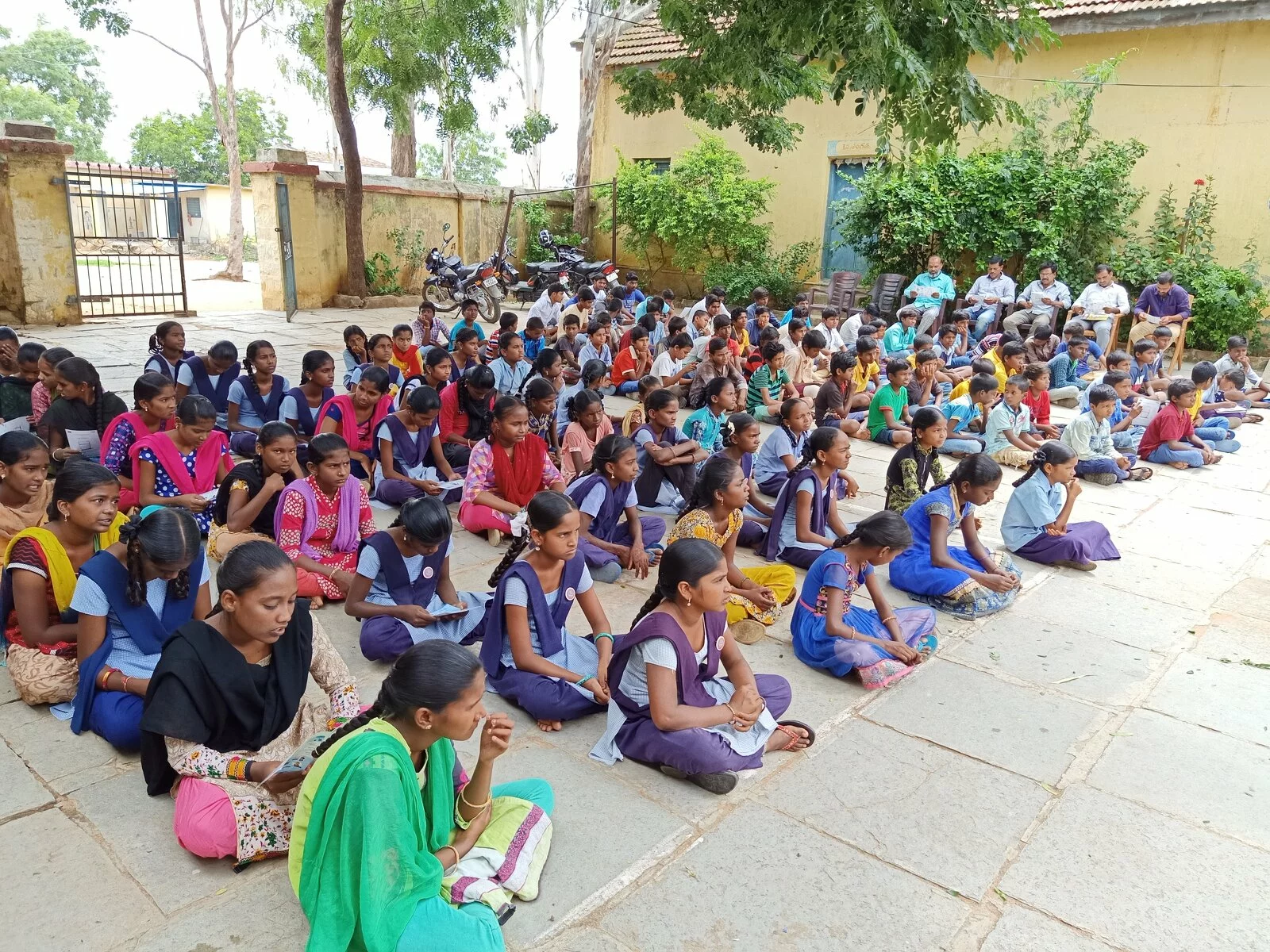
We continue to work in communities without access to safe water with populations often too large for handpumps and too small for urban utilities
1.8+ million
people continued to have safe water access through community-led water stations.

Over 1.8 million people in 500+ communities continue to have access to affordable safe water through locally-managed stations in Ghana and India developed and supported by Safe Water Network. Many of these stations have operated for many years and will continue to do so. Sustainability is a defining differentiator to our approach.
40+ million
people gained safe water access through our technical assistance programs.

With over 400 water experts based in Ghana and India, we provided assistance to governments and other partners in the form of training, troubleshooting, and technical solutions that provide access indirectly to more than 40 million people.
60+ million
people gained safe water access through sector engagement and policy advisory.

In both Ghana and India we have provided input into their respective national water policies, and in the case of India, we helped guide public investment of 90 billion US dollars for direct-piped access to homes across rural India.
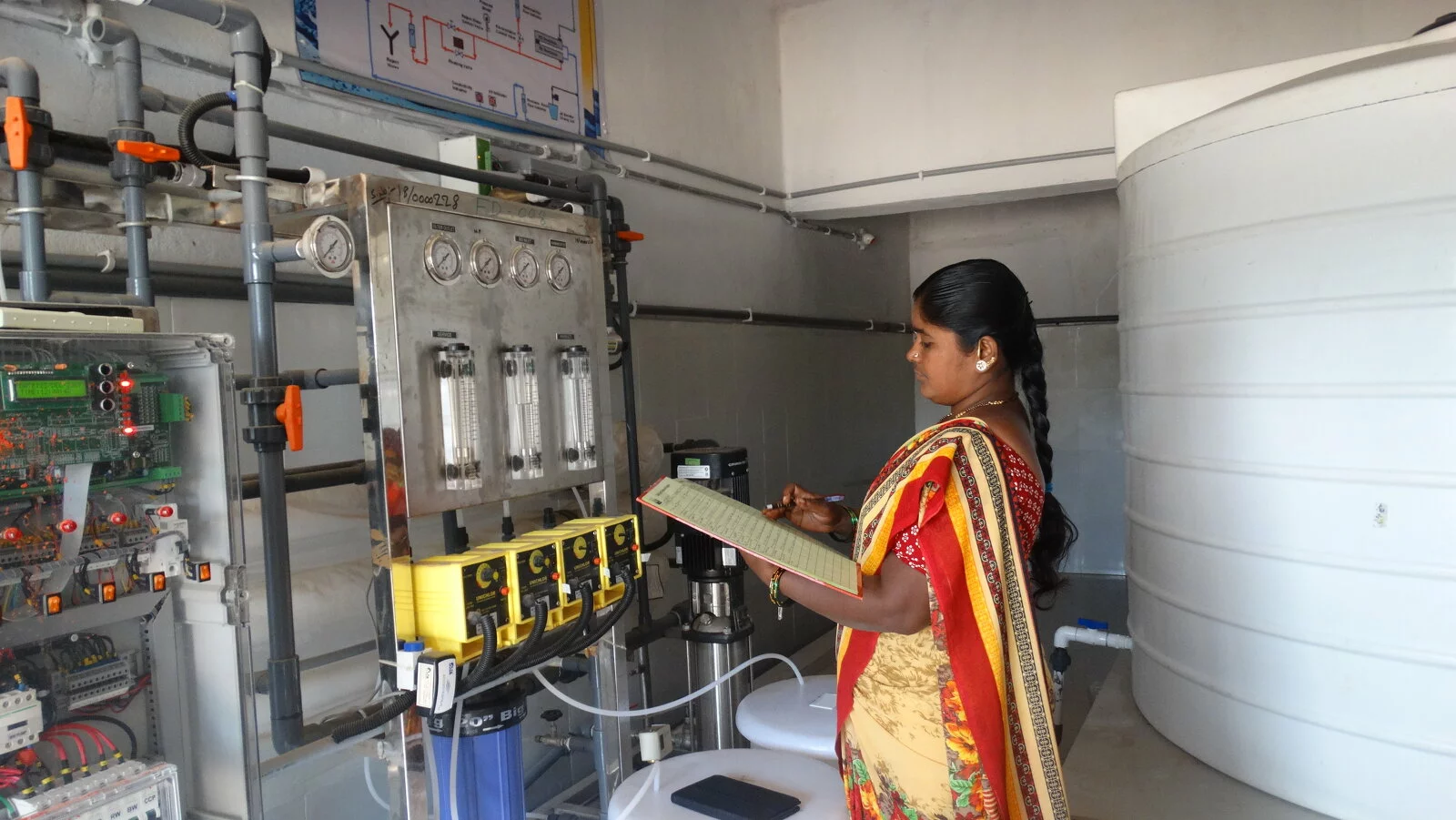
We are committed to improving our community-led stations to ensure long-term, affordable access to safe water. Stations launched before 2013 still operate reliably.
98%+
Station Uptime.
We keep safe water flowing using state-of-the-art technology including solar energy and remote sensors. Real-time data on hundreds of stations is available to operators, regional, and national managers.
2 hours
The response time by our operators.
Because the digital platform informs station operators about problems in real time, they can quickly troubleshoot and resolve the issue so that customers can access safe water virtually anytime day or night.
48 hours
Complaint resolution time.
We serve customers, not beneficiaries, thus we respond promptly to any issues our customers have to make sure they are satisfied.
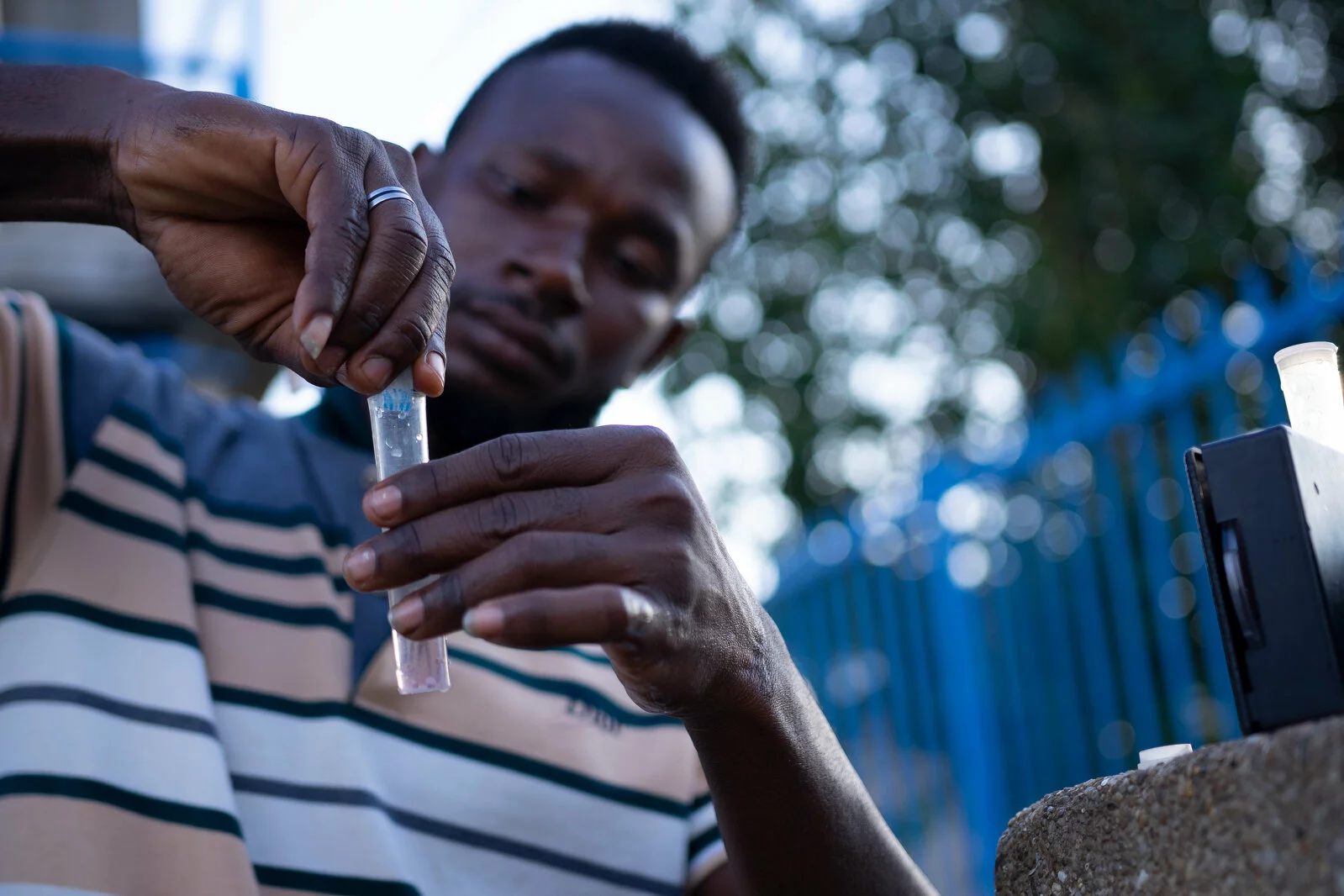
Water-borne diseases are a leading cause of death in areas lacking safe water. Our system design is customized to address local contaminants.
Up to 25
Water quality parameters checked.
Water from community-led stations meet or exceed national water standards. The water is tested for harmful microbial and physio-chemical contaminants daily.
100%
Stations tested for water quality.
Water from these stations is regularly sent to independent local laboratories for thorough analysis quarterly to ensure water meets national water standards.
1000+
Station entrepreneurs, operators, and self-help groups were trained on water quality.
Our water quality control measures were developed in conjunction with Underwriters Laboratories in India and the Water Research Institute in Ghana.
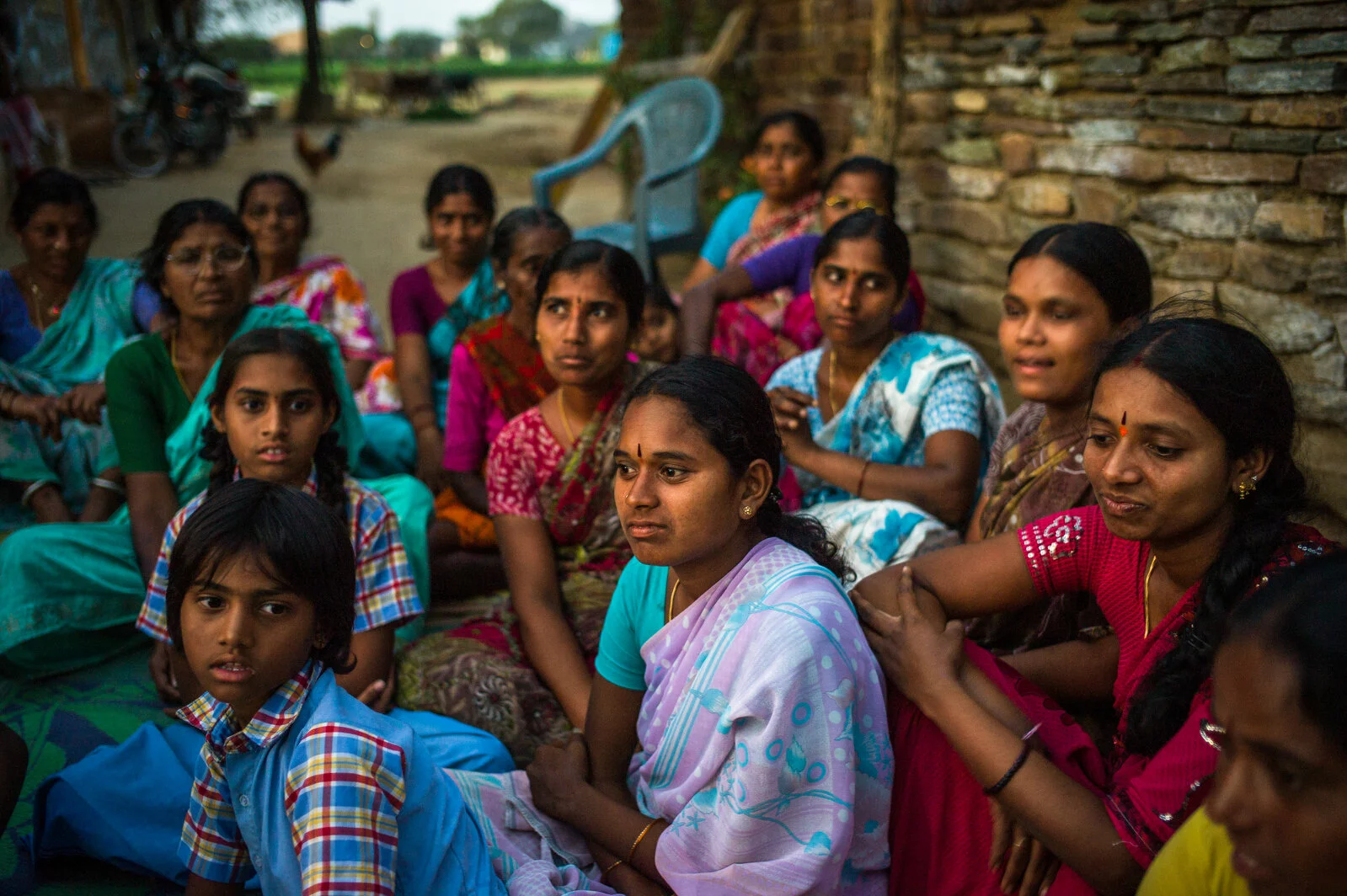
Our approach was developed on the belief that safe water is a fundamental right, and yet 2 billion globally still do not have affordable, safe water access
57%
of our operators in India are women.
Government and philanthropy simply can't sustainably deliver solutions fast enough.
492+
# of community-led stations supported by Safe Water Network.
Community led solutions ensure fair and equitable access through the local safe water committee: eg. setting pricing, ensuring quality, overseeing operations.
2 - 6 cents / 20 Liters
An affordable price for 20 liters of safe water (2 cents/Ghana; 6 cents/India.
Consumers pay a nominal amount to cover station operating costs and on-going maintenance, without that revenue stations would not be able to deliver reliable safe water long term.
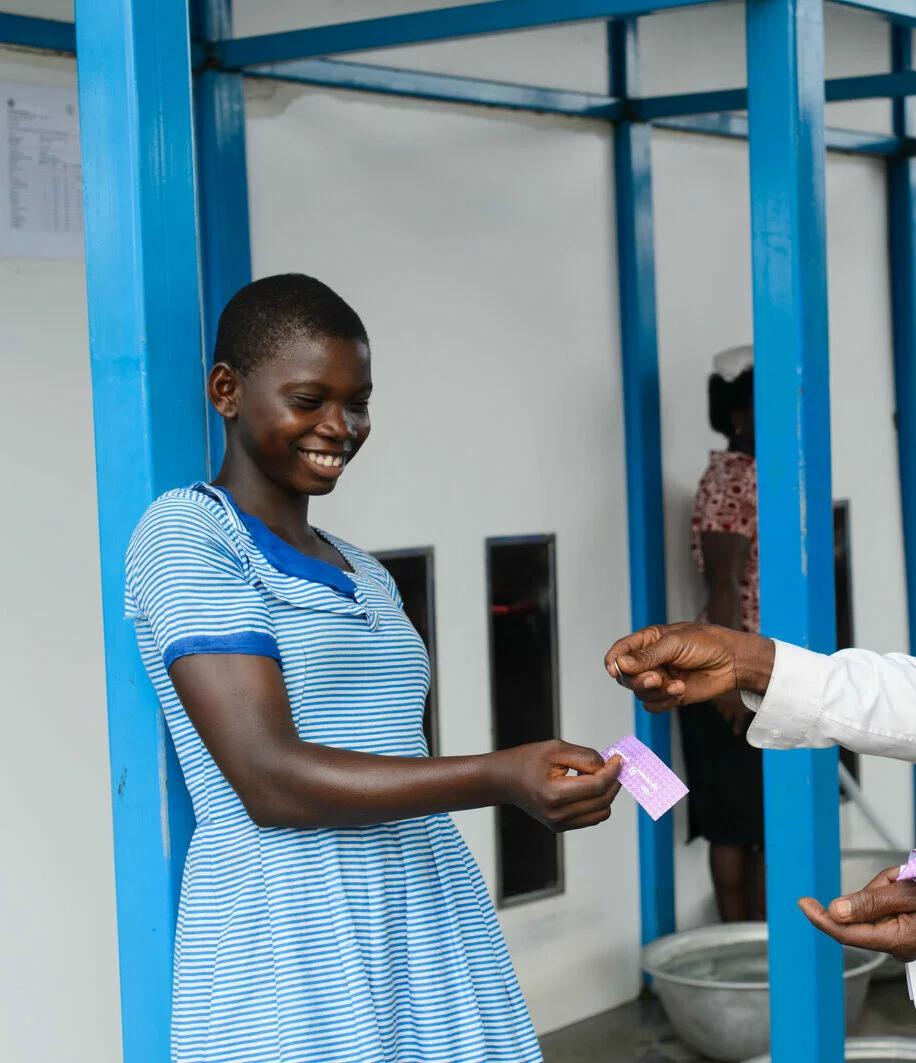
Our stations are cost-effectively designed and field tested to cover operating costs, as well as build a reserve for on-going maintenance. A leading contributor to station failure is the inability to cover those ongoing costs and maintenance.
755 million
# liters of safe water sold.
Water revenue collected with 96% efficiency, covering operating expenses and field service maintenance costs.
95%
of community-led stations cover local operating expenses.
Local operating expenses supported by Safe Water Network are completely covered by consumer revenue within the first year.
99%
of our community-led stations contribute toward maintenance costs.
Nearly all the stations we support contribute toward field service maintenance within the second year.
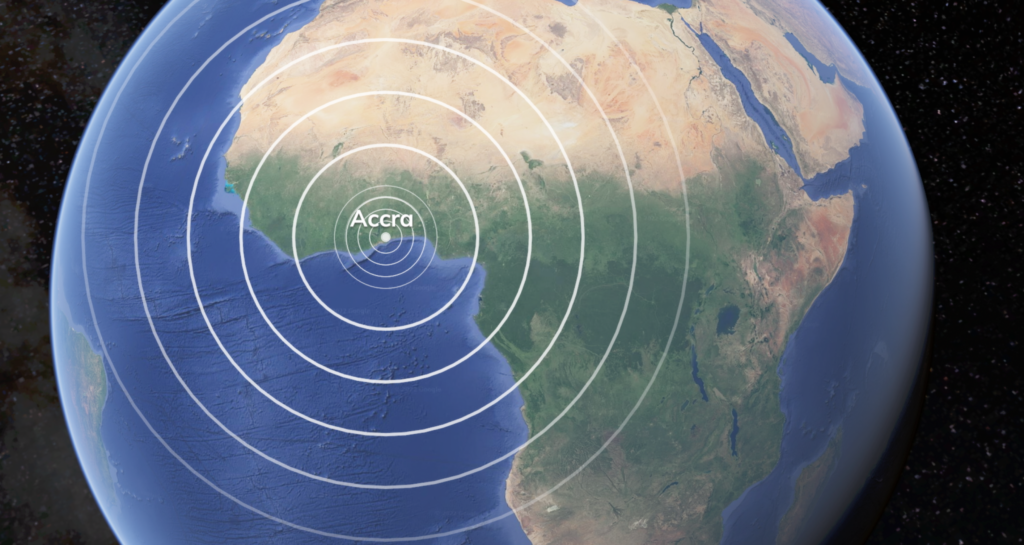
Progress in Ghana and India has sparked interest in Sub-Saharan Africa and South Asia for SWN’s approaches. A recent stakeholder assessment conducted in Kenya revealed that 35% of the population lacks access to large utilities, with high demand for safe drinking water in rural and peri-urban areas. Kenyans are receptive to the SWE model and eager to learn from SWN’s successes in Ghana and India.
As SWN responds to growing demand in Africa and Asia, it will pursue a multi-pronged approach. First, it will continue innovating in Ghana and India, developing tools, monitoring progress, and providing policy advisory services. Second, SWN will extend support to other countries through technical assistance, strategic partnerships, and new country programs. Third, we will foster collaboration among financial institutions and the water sector to mobilize investment for decentralized water operators, focusing on capital expenses.
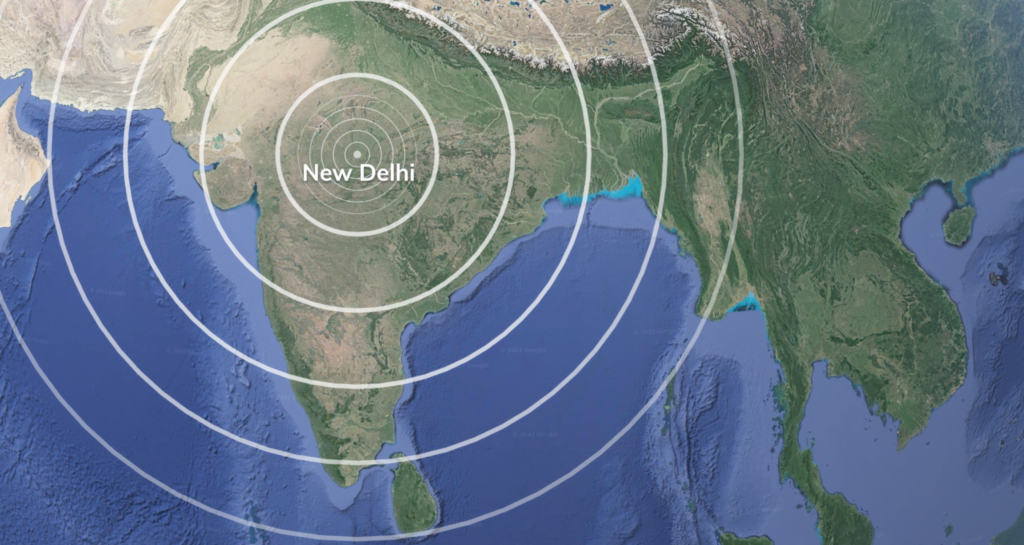
Building upon the work we’ve been doing in School WASH and Integrated Water Resource Management, we have renewed funding from several sources and are pleased to announce a significant new partnership with American Express. Together we are developing an environmental sustainability and biodiversity enhancement program. Vasundhara, a three-year program, aims to revive, restore, and rejuvenate two critical water bodies and associated land areas benefiting over 30,000 people living in Gurugram, Haryana, and Bengaluru, Karnataka.
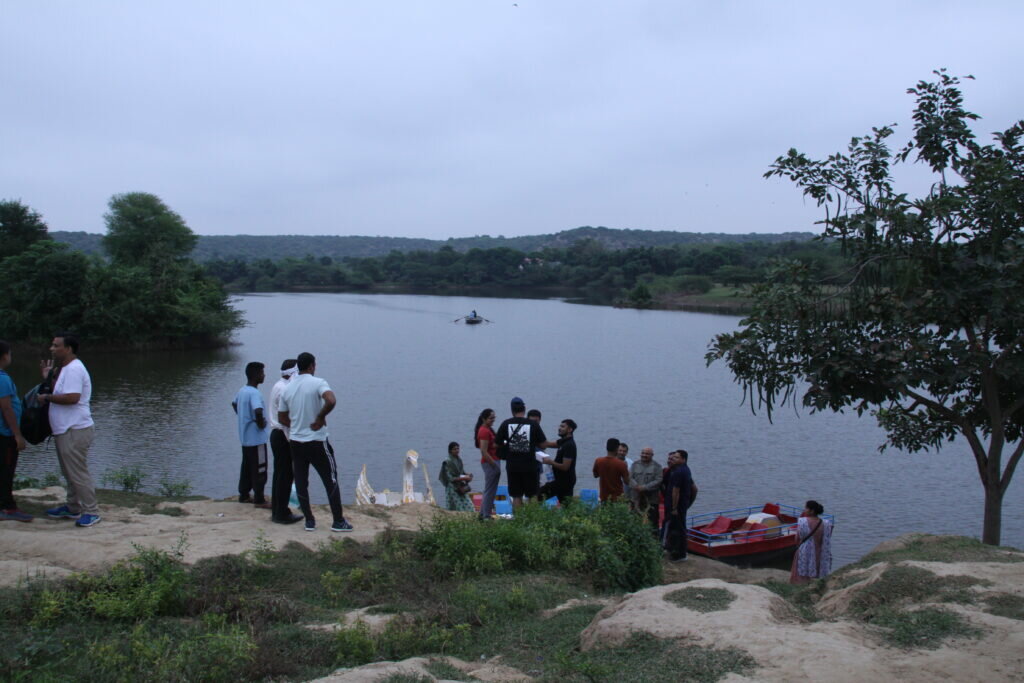
Our WASH program is on its five-year track to bring safe water to over 26,000 students in 174 schools. This program, which includes rainwater harvesting structures (conserves an average of 30,000 liters of rainwater annually), a Menstrual Hygiene Management program, and functional toilets for girls will be expanded to include a nutritional program. Both Milacron and CBRE India renewed their commitment to the program in 2024.
Connecting hospitals to safe water: Building on the success of the first Water ATM at the Telangana Government’s 1600-bed Nizam’s Institute of Medical Sciences in Hyderabad, Safe Water Network has been invited to establish another Water ATM in the upcoming 2000-bed maternity ward. This expansion aims to further enhance access to safe drinking water in medical facilities.
Integrated Water Resource Management (IWRM): SWN also helps at-risk communities and local governments manage water resources, balancing the needs of industry, agriculture, and households. Our IWRM solutions include pond rejuvenation, soil and water conservation, and reduced chemical fertilizer use. SWN also offers real-time, weather-based agricultural advisories and precision agriculture, which are vital for drought-prone areas adapting to climate change. As a risk mitigation strategy, SWN is invested in community-led tree plantation and afforestation.
Before Pond Rejuvenation Intervention
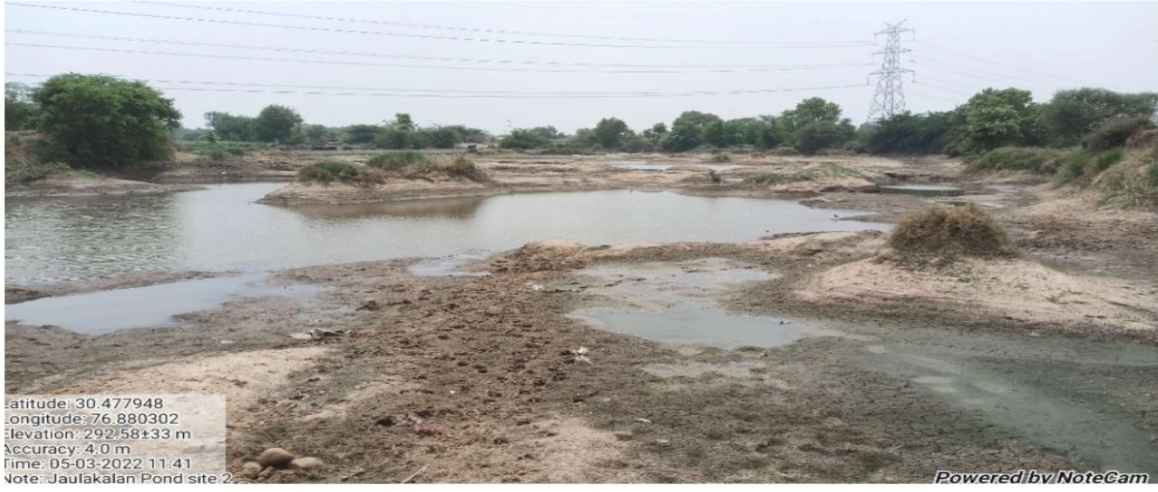
After Intervention
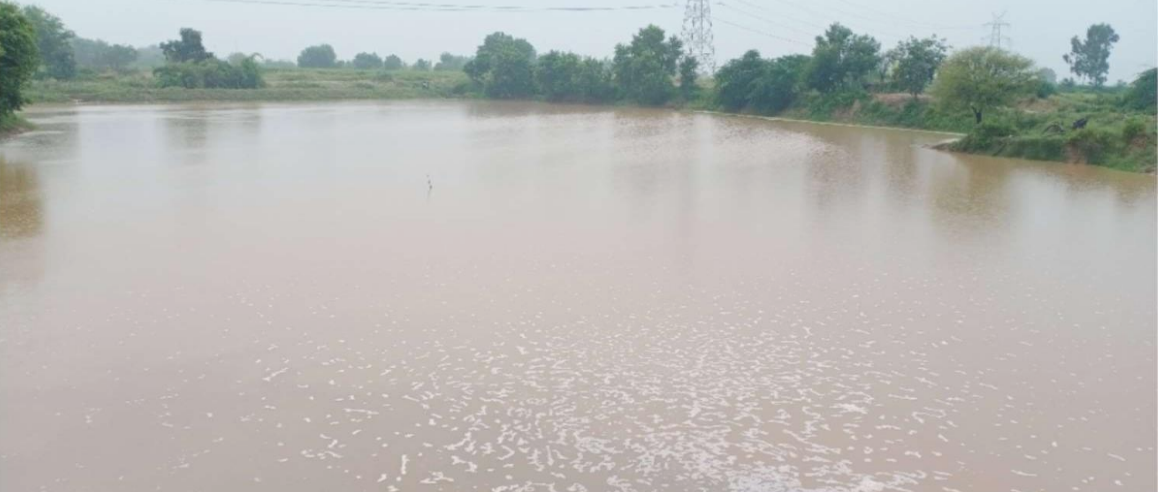
We promote SWEs and IWRM by applying principles of inlcusion, climate resilience, and financial viability through its field operations to ensure proof of concept and scalable results. This program is supported by NABARD.
Also in 2024, the Merck Foundation will deepen its partnership with Safe Water Network by conducting a Health Impact Assessment of the iJal community water treatment plants. Through the work of Senior Research Fellows, this assessment will measure the long-term effects of safe water access on public health in rural communities. This initiative builds on our earlier efforts, where Richard T. Clark Fellows helped lay the groundwork with baseline assessments, consumer engagement, and advocacy strategies.
Safe Water Network India would like to acknowledge the following partners for their funding, expertise, and support:
ADP, PepsiCo, Pentair, Uptime Catalyst, India Water Partnerships, CBRE, American Express, Azeem Premji Foundation, Dupont, Milacron, NEWRI – Lein Foundation
Our Field Expansion program will bring safe, reliable and convenient water services to homes, schools and health care facilities, through direct piped connections, reaching over 10,000 people.
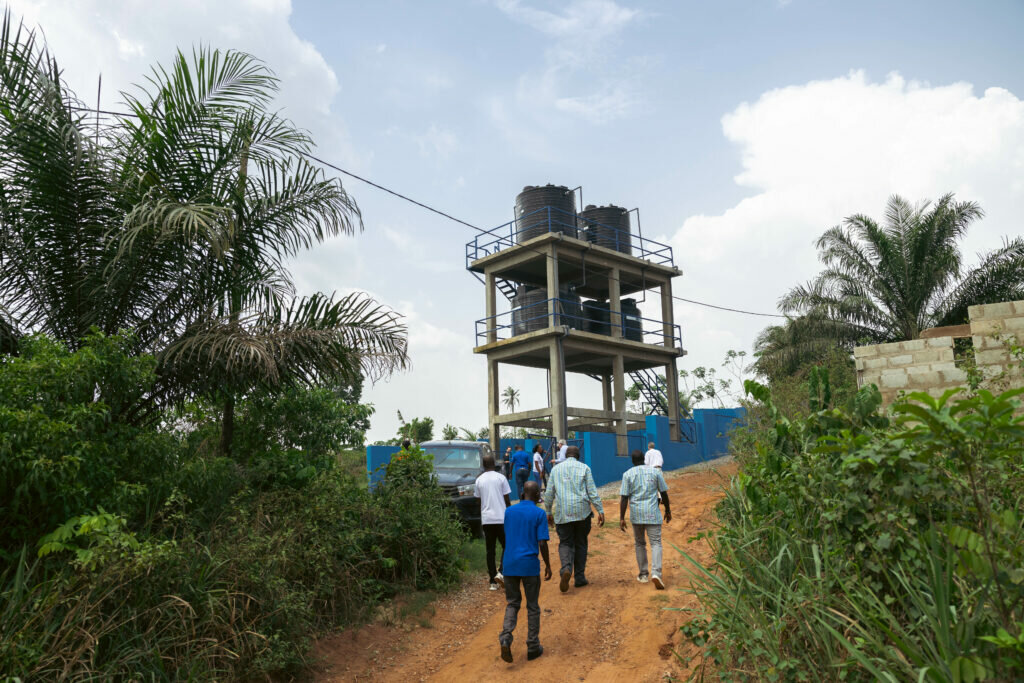
Our Technical Assistance and Advisory program will continue to deliver training to Ghana’s Community Water and Sanitation Agency, local government authorities, and other water service providers.
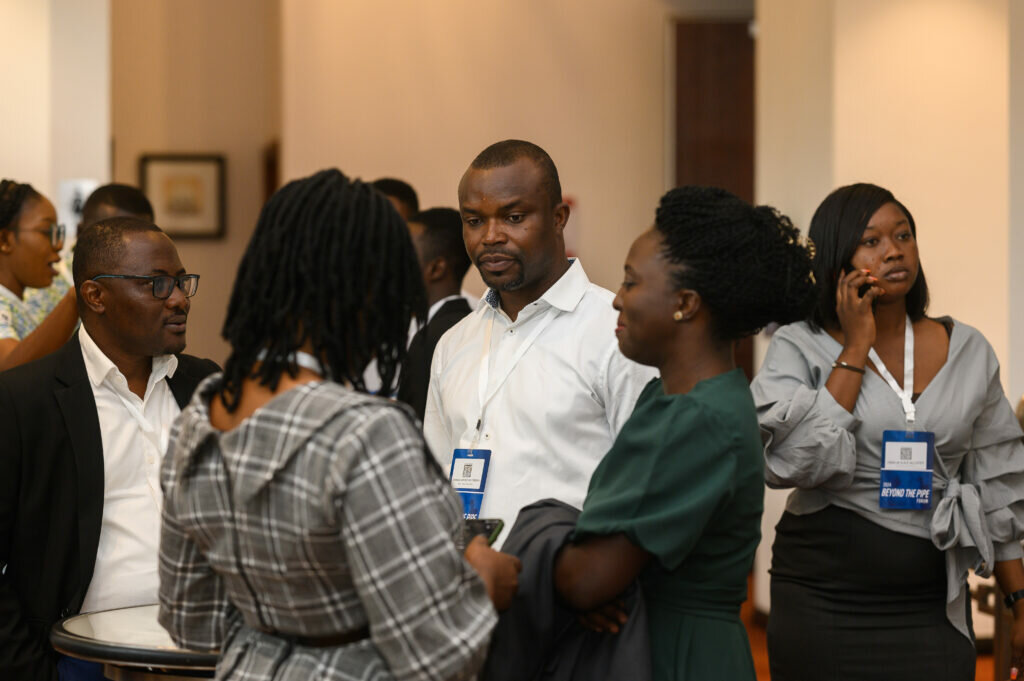
Our consolidated advocacy program will focus on mobilizing investment for Safe Water Enterprises (SWEs) by leveraging alternative financial models and partnerships with the SWE Alliance. We will collaborate closely with Ghana’s Ministry of Sanitation and Water Resources and other stakeholders to strengthen the policy framework and ensure effective implementation of the National Water Policy. This effort aims to drive sustainable investments that enhance safe water access across Ghana while fostering a more inclusive regulatory environment.
Safe Water Network Ghana would like to acknowledge the following partners for their funding, expertise, and support:
Funders: Conrad N. Hilton Foundation, Global Water Centre, Poul Due Jensen Foundation /Grundfos, Stone Family Foundation, The Leona M. and Harry B. Helmsley Charitable Trust, United States Agency for International Development, Uptime Catalyst
Partners: Aquaya Institute, Centre for Affordable Water and Sanitation Technology, Envicom Corporation, Global Communities, Government of Ghana, IRC Ghana, Osprey Foundation, World Vision Ghana, Whitten & Roy Partnership
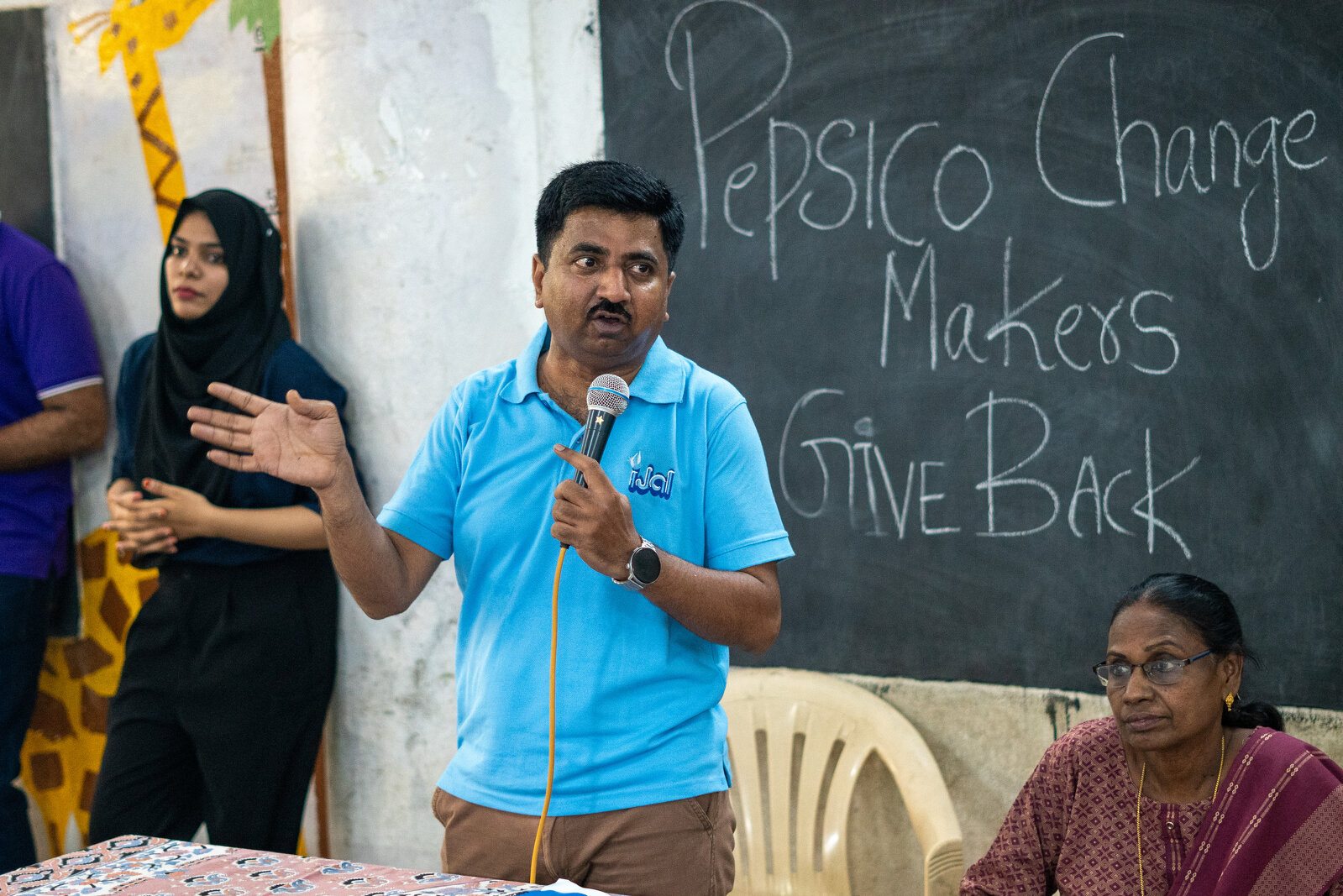
PepsiCo volunteers in India help us clean-up a school in Telangana.
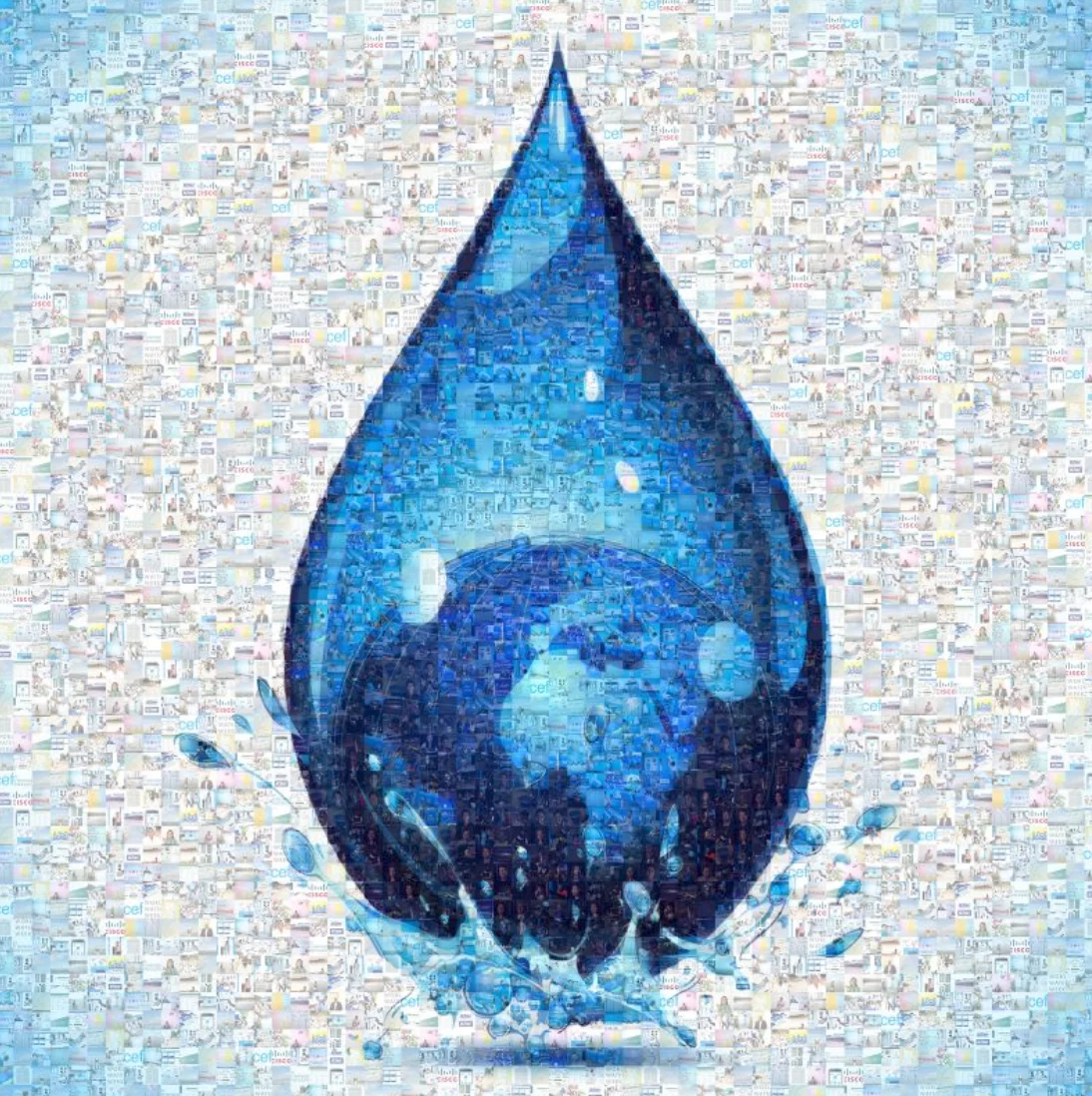
We are a passionate and committed team of engineers, health experts, development specialists, and business professionals, working together across Accra, New Delhi, and New York to drive impactful change through safe water initiatives.
We are committed to integrity, transparency and accountability at all levels across our organization.